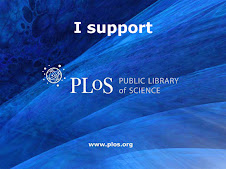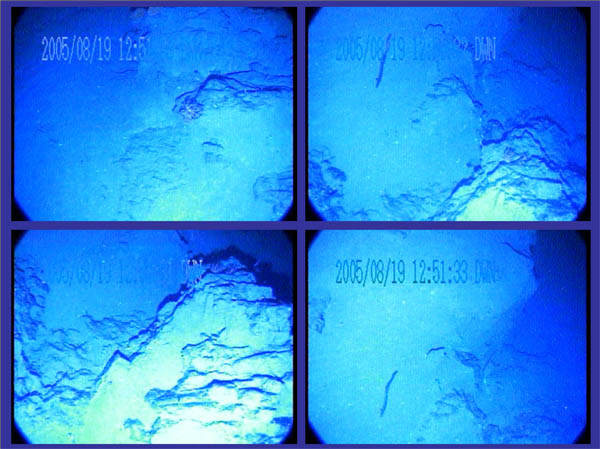I wrote and prepared this in Sept '06. It did not get published and may most probably now be outdated. That said this was the writers review of a review of a 100 years of research, so is this completely out of date?
By Graham K Steel 26th September 2006 21st September '06 marked the 100th anniversary of the *discovery* of Alzheimer’s disease. 100 years on - are we any forward?
One of the most important factors is the preventative measures that can be taken in an attempt to prevent or decrease the likelihood of the onset of an invariably fatal disease that affects millions of individuals globally. The rise in the number of cases is extremely concerning as are the emotional and financial costs of caring for patients. Evidence continues to grow that a healthy balanced diet plus physical and mental exercise can vastly reduce the risk of developing Alzheimer’s.
Evidence continues to emerge of the link between Diabetes and Alzheimer’s; researchers are focusing on insulin (and other) based therapeutical strategies.
However, unlike type 1 and type 2 diabetes where insulin is self administered by injection and in the case of diabetes mellitus, by infusion pump, as Alzheimer's disease is an encephalopathy (brain disorder), matters will not be so straight forward.
There are two types of diabetes mellitus. Type 1 (insulin dependent) is the less common form of the disorder and usually develops in children or adolescence. Type 2 (noninsulin dependant) generally develops gradually mainly in people over the age of 40. Type 2 diabetes which is now treatable used to be a terminal illness.
Researchers in America (Rhode Island Hospital and Brown University) have now coined the expression type 3 diabetes with regards to Alzheimer’s disease.
Onset of Alzheimer’s is uncommon under the age of 60. Early onset Alzheimer’s disease, in which symptoms develop before 60, (commonly referred to) inherited as a dominant disorder.
In a separate development, two German research groups (Munich and Berlin) in collaboration with US and other EU researchers, have published reports supporting the view that amyloid-beta (Aß) appears to be the ‘evil’ molecule. New reports confirm that Aß is what starts Alzheimer’s and this ‘seed’ grows into a continued cycle of protein misfolding leading to fully blown symptoms and over time, invariably, death.
In a separate development, German and American researchers (University of Tübingen and Emory University in Atlanta) have shown that in a laboratory setting, it has been possible to ‘transmit’ the disease to ‘humanised’ transgenic mice using material from diseased human (Alzheimer’s) brain tissue, meaning that theoretically, Alzheimer’s is even more similar to TSE’s (transmissible spongiform encephalopathies) sometimes referred to as Prion diseases as was already known. TSE’s are very much like Alzheimer’s but “in fast forward”. However, scientists are not suggesting that humans can ‘catch’ a disease like Alzheimer’s and are overly emphasizing that this finding should not be misinterpreted.
Is has been known for some time that pathologically, there are a number of similarities between Alzheimer’s and other protein misfolding diseases. Researchers from the Universities of Edinburgh and Leeds have been the most recent to publish a Paper in this regard. They have emphasized the great importance of collaborations between TSE and Alzheimer’s researchers in particular. Other conditions such as Motor Neurone disease (ALS), Parkinson’s and Huntington’s disease are also protein misfolding disorders.
Collectively, it is hoped that a greater multidisciplinary approach between researchers will induce much better understanding of these conditions and ultimately, aided with ever improving methods of disease diagnosis’s, find truly effective treatments for some, possibly all of them.










